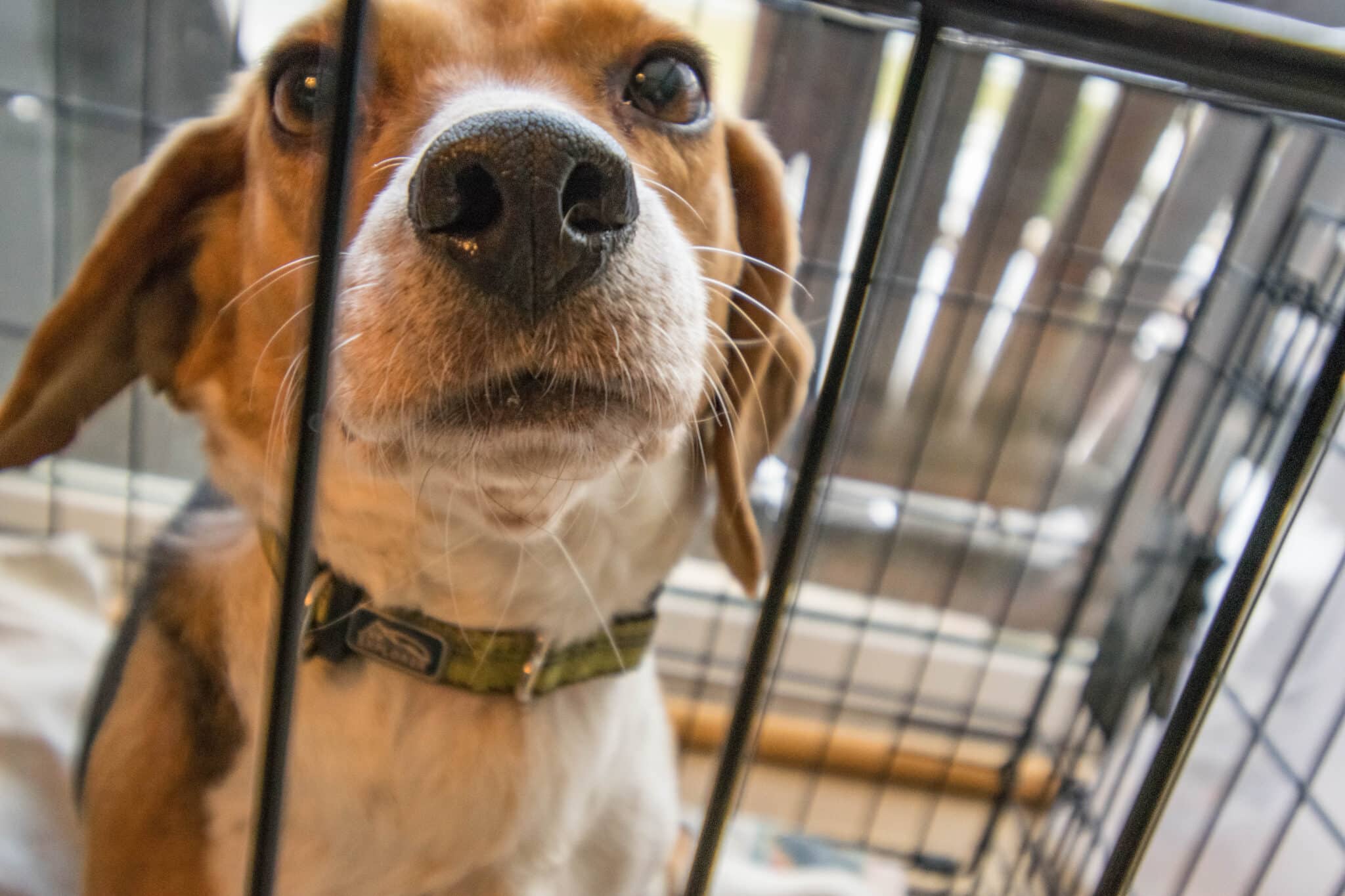Best Friends Animal Society, a leading animal welfare organization, recently released its sixth annual pet lifesaving dataset, which gives a national overview of the number of dogs and cats that enter and exit shelters in a given year. It also includes a state-by-state no-kill priority ranking of which Georgia is sixth, based on 2021 data.
Last year, 181,437 dogs and cats entered Georgia shelters and 152,183 were saved, giving the state an aggregate save rate of nearly 84%. In the same year, more than 46% of state shelters measured above the 90% benchmark.
Those that were below it needed to save 14,118 more healthy or treatable animals to make Georgia no-kill. A state is considered to be no-kill by the organization when every brick-and-mortar shelter serving and/or located within the state has a save rate of 90% or higher.
By comparison, in 2020, there were 165,636 dogs and cats entered Georgia shelters and 136,941 were saved, giving the state an aggregate save rate of 82.6%. In the same year, 37% of state shelters measured above the 90% benchmark. Those that were below it needed to save 14,735 more healthy or treatable animals
Georgia reflected what the data showed nationally: as overall lifesaving stalls, the animal shelter crisis in America grows with increasing intakes and waning adoptions.
For the first time in five years, U.S. shelter systems are seeing a setback in lifesaving.
In 2021, the number of dogs and cats killed in U.S. shelters increased from 347,000 to 355,000 and was especially stark when compared to the dramatic lifesaving efforts seen throughout the previous year. The reasons were partly due to staffing shortages that limited hours, decreased in-person volunteers, reduced adoption events and pet care support.
“While these numbers are trending in the right direction, what is causing the strain on shelters right now is the number of animals coming in outpaces the number of animals leaving,” said Gina Burrows, Regional Strategist for Best Friends Animal Society. “Saving pets’ lives should not rest solely on shelters and those in animal welfare, but on all Georgians. When communities come together to help the area’s animals and shelters, we see better support for pet owners, efficiency in shelters, and more lifesaving outcomes for pets.”
Individuals can help save lives by choosing to adopt from a shelter or rescue group, spay or neuter their pets, foster, volunteer, donate, and support and advocate for increased access to low cost spay/neuter programs for community cats through trap-neuter-vaccinate-return (TNVR) and shelter-run TNVR programming.
For the past six years, Best Friends has spearheaded a one-of-a-kind extensive data collection process that involved coordinated outreach to every shelter in America followed by additional research, data analysis, and technology development. The dataset is the most comprehensive on U.S. sheltered animals, and is based on data collected directly from shelters, state and local coalitions, government websites, and FOIA requests. From this, 94% of the animal intake in U.S. shelters is known, 6% is estimated.
Best Friends measures shelter lifesaving with a metric called “save rate.” A 90 percent save rate is the nationally recognized benchmark to be considered “no-kill,” factoring that approximately 10 percent of pets who enter shelters have medical or behavioral circumstances that warrant humane euthanasia rather than killing for lack of space.
Get More Context: With the barrage of information coming through your social media feeds and phone notifications, it can be hard to get a clear picture of what’s happening in your community and throughout the state. Click here to see what else is happening in The Peach State and get your news in context instead of relying on social media feeds and notifications for your news. We’ll help you stay informed.



